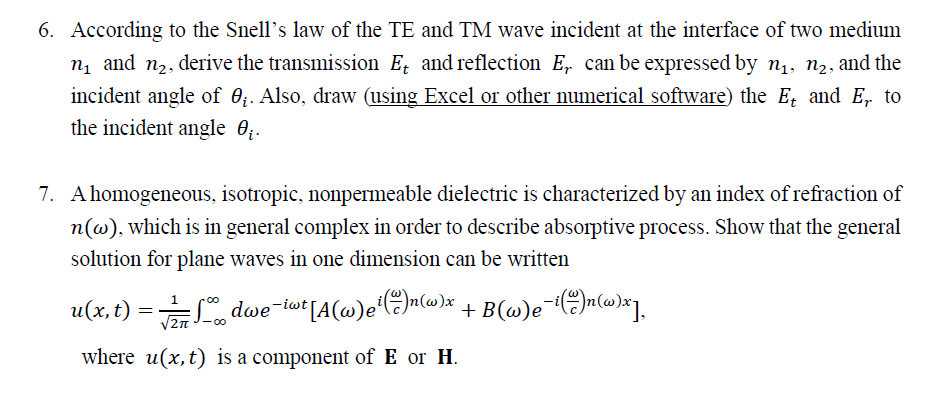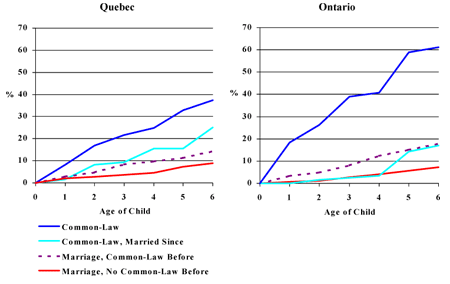6 According To Hesss Law
6 According To Hesss Law. This chemistry tutorial covers how to solve for the enthalpy of reaction for an given reaction by using Hess's Law and the delta H values for other known. Standard reaction enthalpy according to Hess's Law Hess's Law can be used to determine other state functions with enthalpies like free energy and entropy.

Calculation of standard Enthalpies of reactions.
The Hess' law states that the change of enthalpy in a chemical reaction (i.e. the heat of reaction at constant pressure) is independent of the pathway between the initial and final Hess law states that the heat required to proceed a reaction remains same and does not depend on the steps followed.
In chemistry, we often encounter chemical reactions that are reversible, with side products formation or the reaction does not take place in standard conditions as required. It implies that enthalpy change of a reaction depends on the initial and final state and is independent of the manner by = ? Goal: The goal of this problem is to use Hess's Law to determine the enthalpy of a given reaction, ΔHrxn, when only provided enthalpies of other reactions.








0 Response to "6 According To Hesss Law"
Posting Komentar